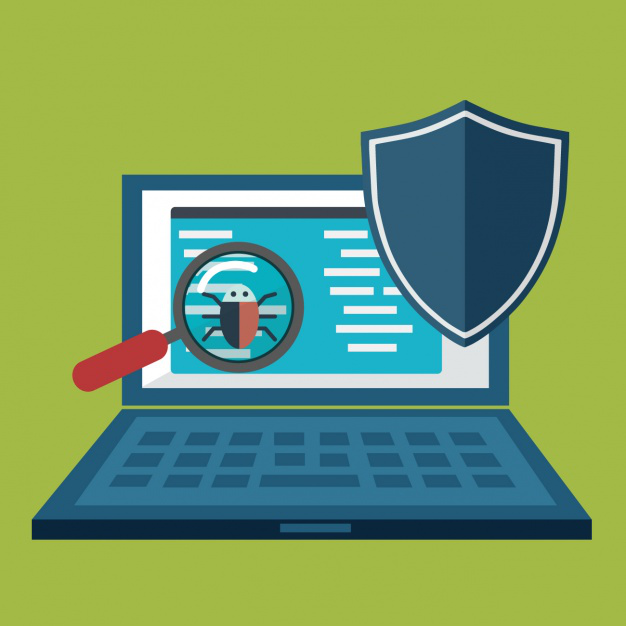Online Virus Scan
If you’re running a business website, then you need to avoid virus website damage. It can be both expensive and embarrassing. For both reasons, it’s far better to create effective processes and invest in the right tools to keep your website safe. Here is what you need to know.
Four Key Points to Prevent Virus Website Damage
If you are serious about preventing virus website damage, there are four key areas you need to address. These are as follows. Choose your host with great care. Subscribe to a robust website vulnerability scanning service. Make sure your local devices are protected. Be careful with your choice and use of software.
Choose your host with great care
Before you start building a website, you need a domain and a hosting solution. You must keep security in mind when choosing or renewing them. It’s particularly important to keep an eye on how well your host performs where it matters. This means security, uptime, page-load time, technical support, and customer service.

When people think about virus website damage, they often think about viruses getting into the website itself and then perhaps onto the website server. This can certainly happen and you need to protect against it. These days, however, it is also very possible that cyberattackers will go straight for the website server and the valuable data it holds.
This means that if you are self-hosting you need to take the security of your servers very seriously. If, as is probably a lot more likely, you are using a third-party hosting service, then you should be far more concerned about their track-record on security than you are about their price.
Security, uptime, page-load speed, technical support, and customer service should all be considered investments rather than expenses. If you still need to be convinced of this, then keep in mind that search engines measure the security, speed, and usability of your website as part of their ranking criteria. If you perform badly, you will see your rankings suffer for it.
Subscribe to a robust website vulnerability scanning service
There are as many different takes on a website vulnerability scanning service as there are vendors offering the service. That said, any decent website vulnerability scanning service will include an anti-malware solution and a web applications firewall. These are both vital to protecting your website from anyone who might try to damage it.
Essentially, the firewall will do its best to keep out attackers. When attackers slip through its net, as they will, from time to time, the anti-malware solution will come into play. It will monitor their activity and aim to pick up on any malicious actions.
Make sure your local devices are protected
Even if you don’t store login credentials on your local devices, you will still use them to log in to your website (and your host account and your domain account). This means that if they are compromised, your credentials could be at risk. For this reason (and many others) your local computers and mobile devices also need an anti-malware solution and a firewall. If you have remote and/or mobile users then you also need a VPN.
Be careful with your choice and use of software
In terms of security, it really doesn’t matter which content management service you use (assuming you’re sticking with the mainstream options). They’re all supported by an active community of developers and users and can all offer a very high standard of security. The onus is, however, on you to learn how to use them safely.
For practical purposes, this has two major implications. Firstly, you need to inform yourself of what the various settings mean and how to customize them to suit your website. In particular, it is absolutely vital that you change the default settings as quickly as you can, especially the default login for the admin panel. Secondly, you absolutely must keep it up-to-date. It is absolutely impossible to overstate the importance of this.
The vital point to note is that the nature of open-source software means that its code and supporting documentation are available to anyone, including cyberattackers. This makes it really easy for them to inform themselves of potential weaknesses such as default settings which haven’t been changed and security flaws in older versions of the software.
All of these comments apply to third-party add-ons. What’s more, you need to do your research on them very carefully before you decide whether or not to install them. The fact that anyone can create third-party add-ons for open-source software is a bit of a mixed blessing.
On the one hand, it means that there is a wide range of great third-party extensions out there. Many of them are available for free. On the other hand, it creates an open-door for malware creators. It also means there is a lot of software created by amateurs who don’t really know what they’re doing. Amateur developers might not mean any harm, but their software might not do your website any good either.
Please click here now to have your website scanned, for free, by cWatch from Comodo.





